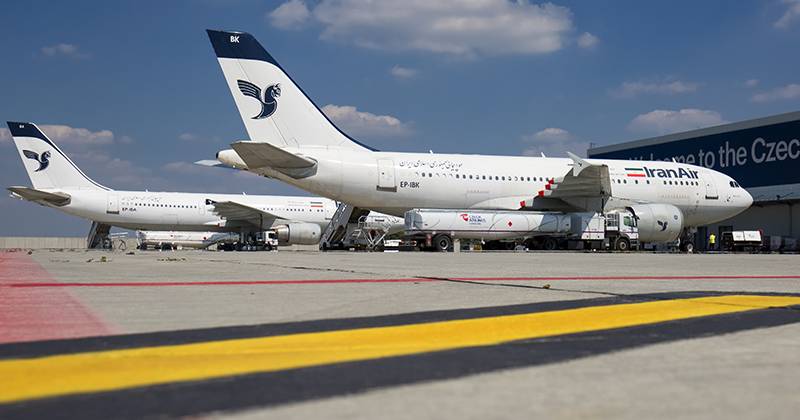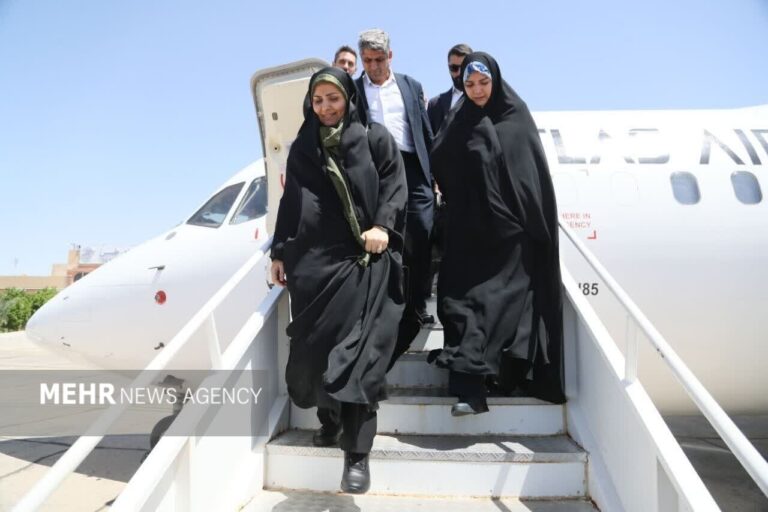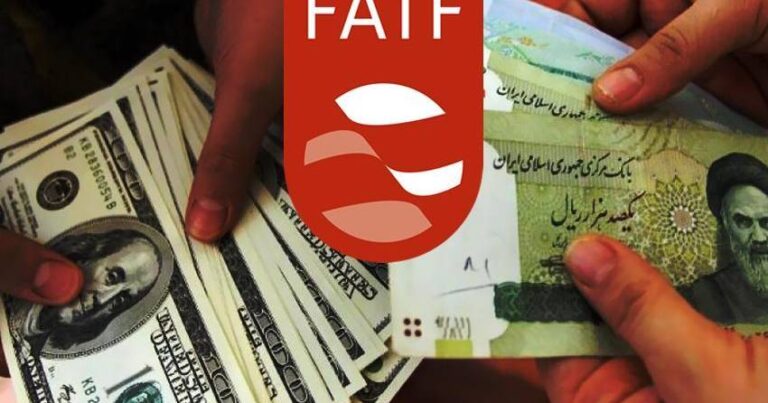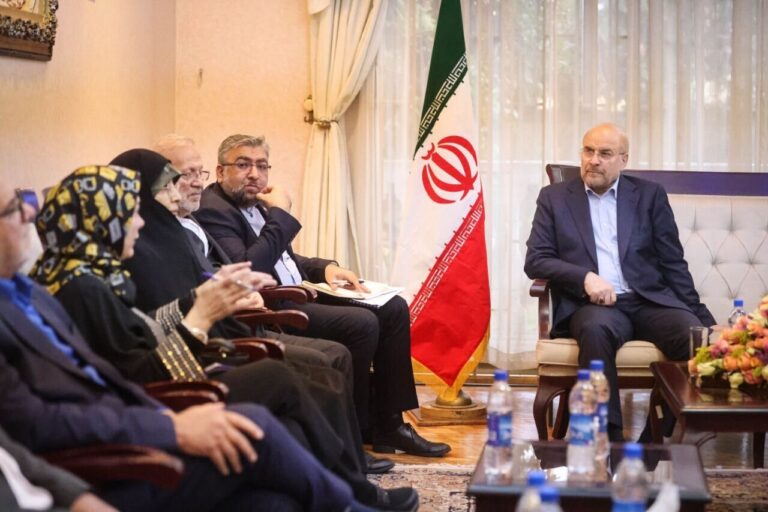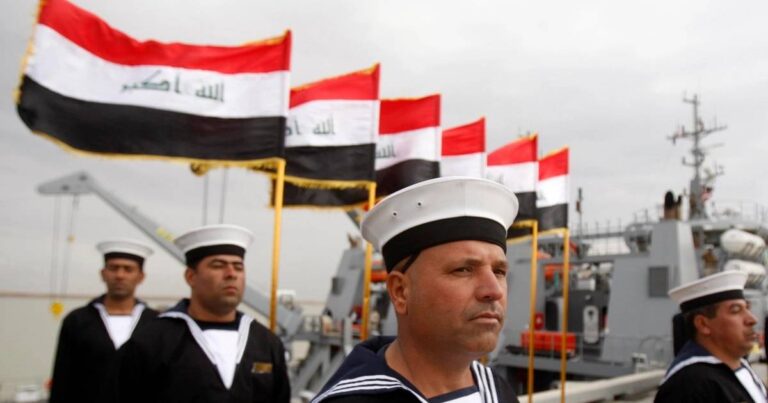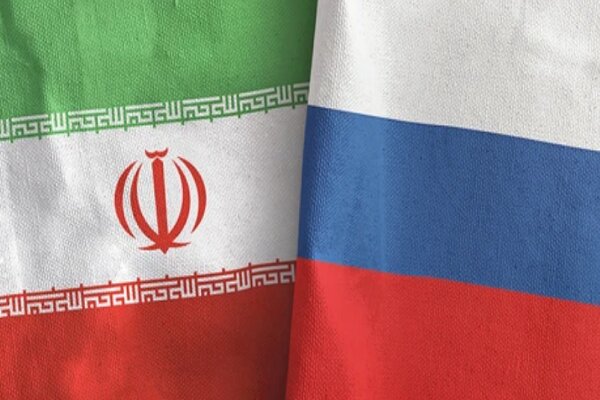Iran Air’s Ban Disrupts Vital Medicine Imports, State Carrier Reports
Iran Air, the flag carrier of Iran, is facing significant challenges due to the recent flight bans imposed by the European Union and the United Kingdom. These restrictions have not only severely impacted the airline’s revenues but have also critically affected drug imports essential for the Iranian population. Hossain Khanlari, the CEO of Iran Air, has called for international legal action to restore flight services and alleviate the ongoing crisis.
In a recent statement to the ILNA news agency, Khanlari expressed the urgent need for action as the suspension of flights to Europe has dealt a heavy blow to the airline and the healthcare system in Iran. The European sanctions halted all direct Iran Air flights, which were vital for both passenger travel and trade, particularly in medical supplies. Khanlari noted, “Iran Air was a major carrier of pharmaceuticals from Europe, with two-thirds of the 12-ton cargo on each flight being medicine, primarily from Germany.”
The disruption of this crucial supply chain has created significant hardships for patients in Iran, exacerbating an already dire health crisis. Khanlari emphasized the airline’s commitment to pursuing legal avenues through international organizations to restore these essential flights, stating, “We are pursuing legal avenues through international bodies to resume these flights, especially to address the current drug shortage.”
Iran’s healthcare system is facing immense pressure due to critical shortages of medicines and rapidly escalating costs. Several factors are contributing to this crisis:
- Exodus of healthcare professionals: A significant number of medical professionals are leaving the country in search of better opportunities abroad.
- Government debt: The government’s substantial debt to pharmacies has crippled the supply chains for essential medications.
- Currency devaluation: The declining value of the Iranian rial has led to inflated prices for both imported and domestically produced drugs.
- Emergence of a black market: A black market for essential medications has sprung up as legitimate suppliers struggle to meet demand.
- Production halts: Some pharmaceutical companies have ceased operations due to financial unviability.
Despite the government’s attempts to control drug prices and provide subsidies, these measures have failed to alleviate the economic pressures facing the healthcare sector. As healthcare expenses continue to rise, more families are being pushed into poverty, creating a humanitarian crisis.
In addition to the implications for public health, Khanlari highlighted the impact of the flight ban on Iranian citizens living abroad. Many students, academics, and families depended on Iran Air for travel. He noted, “Many Iranians visited their families in Europe using our flights, and Iranians residing in Europe traveled back home with Iran Air. These individuals are now facing increased travel costs.”
In response to the financial losses incurred from the European flight cancellations, Iran Air has made efforts to expand its regional flights and added new routes to East and South Asia. Khanlari explained, “While these new routes are profitable, they cannot fully compensate for the revenue lost from European flights.”
Despite the new routes, Iran Air is determined to resume its services to Europe. Khanlari stated, “We are eager to restart our European flights to serve our citizens.” However, he acknowledged that, in the absence of European routes, the airline must focus on expanding operations in Asia.
The European sanctions against Iran’s civil aviation sector, announced in September, have significantly impacted Iran Air’s operations. Previously, the airline operated an average of 24 weekly flights each way to at least nine major European cities, including Paris, London, Frankfurt, and Rome. Information obtained by Aviacionline via Cirium highlights the scale of this disruption.
In August, the United States also imposed sanctions on Iran Air, accusing it of supporting the Russian military by supplying short-range ballistic missiles. The U.S. Treasury Department alleged that Iran Air had transported goods on behalf of the Islamic Revolutionary Guard Corps (IRGC) and the Ministry of Defense and Armed Forces Logistics (MODAFL). Iran has been deeply involved in Russia’s military operations in Ukraine since mid-2022, providing drones, spare parts, and training.
As Iran Air navigates these turbulent times, the outcomes of its legal pursuits and operational adjustments remain to be seen. The critical situation surrounding drug imports and the broader implications for the Iranian healthcare system highlight the urgent need for international dialogue and support.
